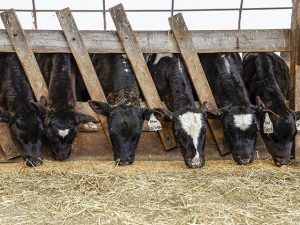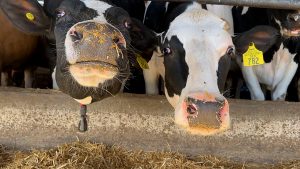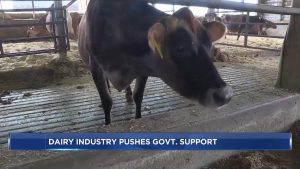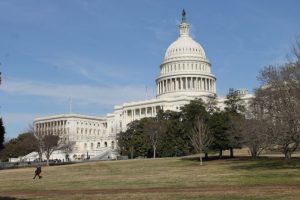
Besides being consistently ranked as one of the top agricultural schools in the country and the world, Cornell’s College of Agriculture and Life Sciences conducts an enormous amount of research and outreach to help end food insecurity, combat climate change and, most recently, protect food production workers against COVID-19; just check out the litany of innovations being reported by the Cornell Chronicle.
Cornell is in a unique position to conduct its research; unlike many of its peers, it’s not a bubble of academia set apart from the communities that surround it. 43 percent of the counties in the Southern Tier are classified as rural. If you include upstate micropolities, such as Corning and Cortland, as semi-rural, that figure jumps to 57 percent.
Within these communities, people are intimately connected to our nation’s food system. The most recent United States Department of Agriculture census conducted in 2017 shows that 55,363 people are employed by New York farms, and that 98 percent of these farms are family owned. From the hard work of these New Yorkers in the same year came $3.785 billion worth of agricultural products, with dairy dominating sales. This goes to show how important it is to not take American farmers for granted. However, because of the relatively small population size of rural communities compared to metropolitan centers like New York City, whose population alone is larger than 38 states, it will be in the electoral college that rural voices are heard — a system now under attack by the National Popular Vote campaign, already passed in 14 states and Washington D.C.
America’s family-run farms are threatened by big ag and a lack of access to federal subsidies. I looked at the statements made by Joe Biden and Donald Trump in response to the Farm Bureau’s annual presidential candidate questionnaire to see what they had to say about these and other issues affecting American farmers. Biden argues, “The Biden-Harris administration will protect small and medium-sized farmers and producers by strengthening enforcement of the Sherman and Clayton Antitrust Acts and the Packers and Stockyards Act.” Biden and Harris say they will stand up and fight for family farms, in Tompkins county, in the Southern Tier and across the United States. Trump, however, seems to favor the big industry producers who already reap most of the benefits resulting from current agriculture policy. His response to the same question on food system resiliency recounted how, “Throughout this [COVID-19] crisis, the Trump/Pence administration has engaged heavily with leaders in the industry at every point in the supply chain.” How many farmers running family operations were “engaged” by the Trump administration? My guess — not many if at all.
Even though the majority of farmers would not benefit from another four years of trade wars, tariffs, commodity price drops and unaddressed climate change, DTN, an agricultural focus news source, reported on Friday that Trump still leads by 18 points amongst rural adults. However, rural communities are not unified in their support of Trump. In fact, the same report shows a great deal of indecision among many rural adults, with 39 percent of farmers believing U.S. agriculture is worse off than it was when Trump took office.
In any case, the issues that farmers are facing exist outside the realm of polls and percentages. I don’t downplay the importance of agriculture specific issues when I highlight climate change; it affects farmers as much, if not more, than urbanites. When it comes to agricultural sustainability and supporting rural communities specifically, Biden has a plan and policy “to ensure our agricultural sector is the first in the world to achieve net-zero emissions.” Proposed as an expansion to the Conservation Stewardship Program created by Senator Tom Harkin (D-IA), the program will “support farm income through payments based on farmers’ practices to protect the environment,” and is based on scientific evidence. I echo Biden when I say Trump has no plan to address climate change, and in his response to the Farm Bureau’s questionnaire he makes no attempt to give one. Instead, he says we should be thanking our farmers as they’re the best stewards of the land America has got. At least we agree on one thing.
Regardless, Trump has the firm support of many rural communities despite his harmful policies towards small American farmers. But why? Arlie Russell Hochschild, in her 2016 book Strangers in Their Own Land: Anger and Mourning on the American Right, sets out to understand how Tea Party conservatives think and feel. Through extensive interviews, she shows how white Americans have been “triply marginalized by flat or falling wages, rapid demographic change and liberal culture that mocks their faith and patriotism.” It only makes sense that someone who expresses farmers’ grievances and shares their fears will make them feel heard and have their political support. That someone was Donald Trump and his supporters were frustrated, rural, white Americans. However, I would argue there is now a candidate that those same Trump supporters can get behind without getting stabbed in the back — Joe Biden.
Benjamin Velani is a junior in the College of Arts and Sciences. He currently serves as the dining editor on The Sun’s editorial board. He can be reached at bvelani@cornellsun.com.

























